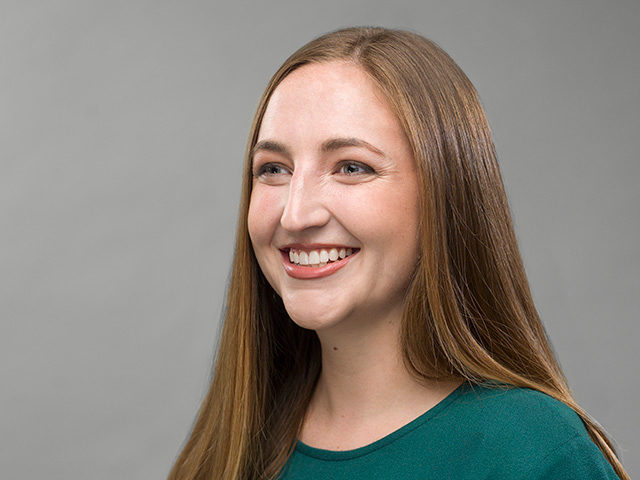Last month, the Community Foundation hosted a Knotty Cocktails event on the housing affordability challenges facing Grand Rapids and many other communities across the country (you can view the 45 minute panel discussion here).
The event featured a presentation by Gustavo Rotondaro, a data analyst with Metrica, and a panel of local experts who shared their experiences at the neighborhood level (Kwan McEwan, Grand Rapids Urban League; Sergio Cira-Reyes, Westside Collaborative; and David Allen, Kent County Land Bank Authority).
The evening offered guests the opportunity to hear from the panel about their observations of the rapidly changing landscape of housing in Grand Rapids. As recently as three years ago, it was difficult to imagine that we would be facing a shortage of affordable housing in Grand Rapids today.
A “perfect storm” of changes is occurring, leading to challenges for individuals and families that are low-income or just starting out and need more affordable housing:
- Demographics are changing – millennials want to live downtown – or near downtown, in walkable neighborhoods with amenities and public transportation.
- The foreclosure crisis allowed investors to convert owner-occupied properties to rental. As demand has increased, many of those properties are converting back to homeownership at higher values or seeing rent increases.
- As our higher education institutions have grown, landlords have learned that they can attract higher rents from students than families.
- Incomes have remained stagnant and the number of lower-paying jobs has increased – and the income disparity between whites and racial/ethnic minorities has increased.
- Over half of renters in the city are paying more than 30% of their income for rent.
- Challenges to affordability are moving to our inner-ring suburbs. Wyoming and Kentwood are seeing increases in rent and property values, too, as poverty levels increase.
The panel affirmed the data presented by Gustavo and shared their suggestions for change.
We need to:
- Increase the supply of all types of housing, to reflect a growing population at all income levels
- Provide opportunity for residents to increase income
- Support public education, and think of it as economic development, not charity
- Invite different voices to the table, including resident voice – and listen
- Think in non-traditional ways and come up with new ideas and outside-the-box solutions
- Create solutions that currently don’t exist
As we begin 2016, we have the opportunity for change. The conversation is just getting started and be assured, Grand Rapids Community Foundation will continue to be part of it.
Happy New Year!
